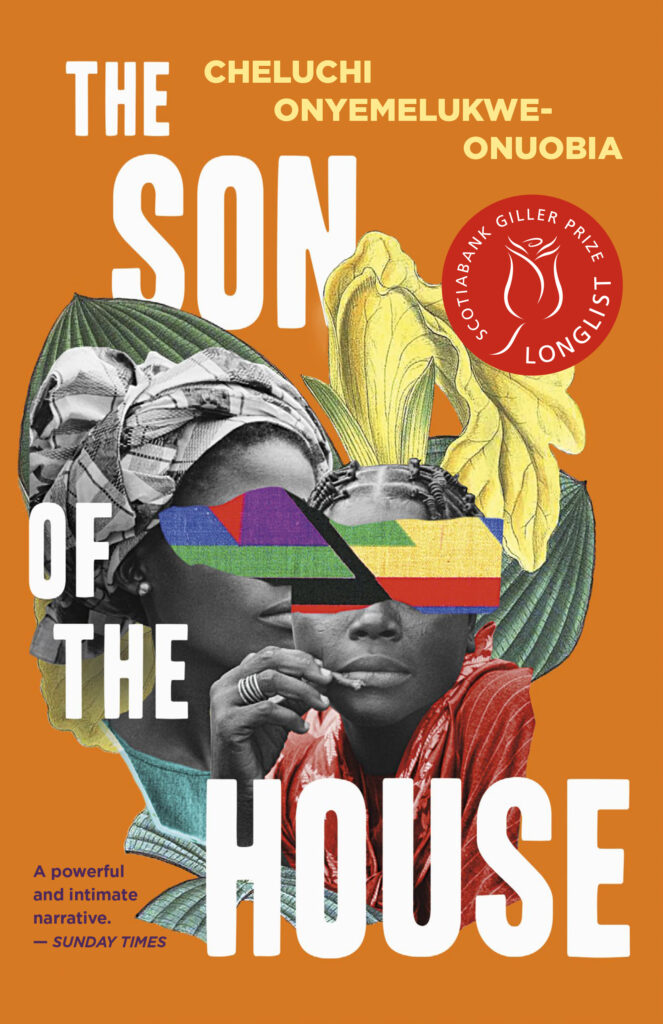
Author Cheluchi Onyemelukwe-Onuobia visited York University on Oct. 25 to talk about her novel The Son of the House (2021). Her talk was presented as part of the Canadian Writers in Person series.

The Son of the House is a story about two Nigerian women who are kidnapped, and as they await their fate, they each share their life story. Their stories develop and intersect as they navigate the restrictions that tradition, class, gender, and motherhood place on their lives. “I wanted to create a living, breathing place, as well as living, breathing characters,” said Onyemelukwe-Onuobia.
She believes her role as a fiction writer is to tell “stories that make us think very deeply about what it means to be human in the world. I come to reading and writing and storytelling from the perspective that they portray life, they portray where we are with life, and hopefully they make us think.
“When we bury ourselves in a story that is well told, we can’t help but go away with an understanding that we may not have had before. We go away with being able to see things perhaps a little more clearly, a little more humanely. I think that’s the role of fiction.”
The Son of the House gestures through its title to the patriarchal tradition of passing on the family name and property from the father to the son of the house. The story is actually centered on the ways in which these traditions affect women’s lives. Onyemelukwe-Onuobia said that her character Julie is inspired by how she herself grew up in “what would be considered a middle-class setting, where women seem to have power, but they are living in a particular context that requires them to contort themselves into different things. And so they make choices that are not necessarily the kindest choices for others or choices that we would consider to be good. I wanted to present that nuance, that complexity.”
In The Son of the House, the two women, Nwabulu and Julie, develop a close bond. As Onyemelukwe-Onuobia noted in her presentation for Canadian Writers in Person, “When women grow up in the context that I was describing, sometimes all they have is each other – in many cases actually – all [women] have is each other.”
